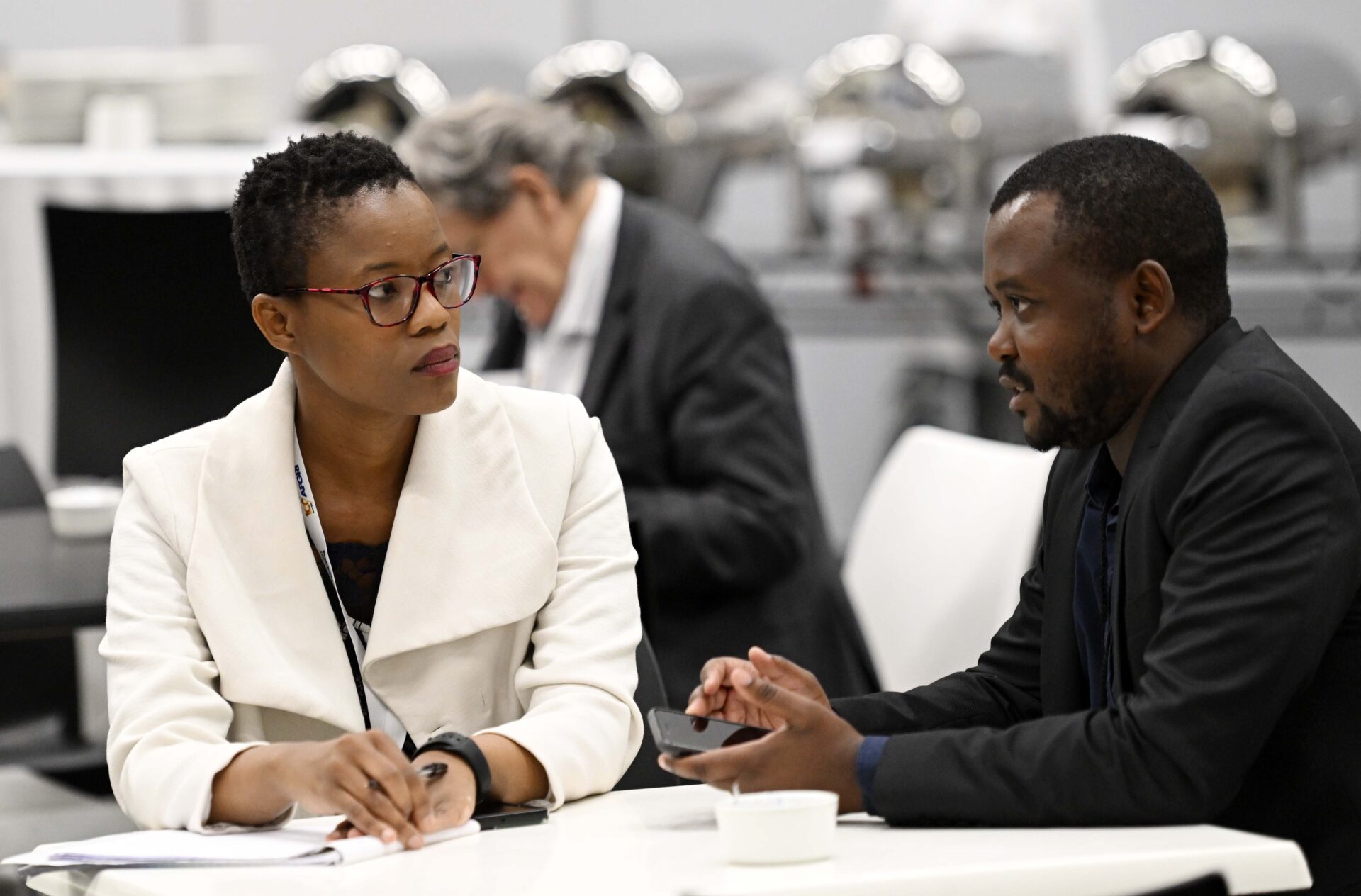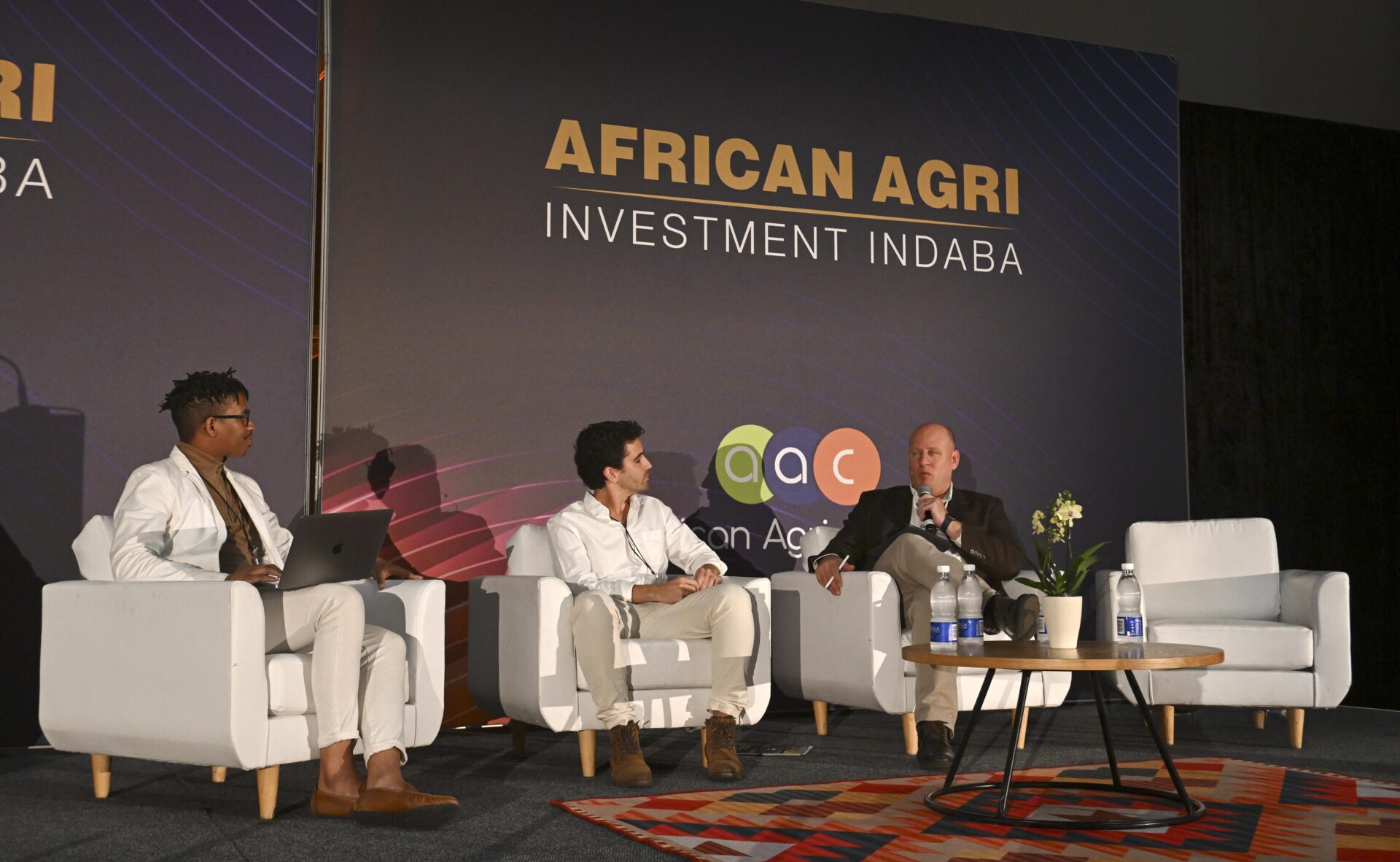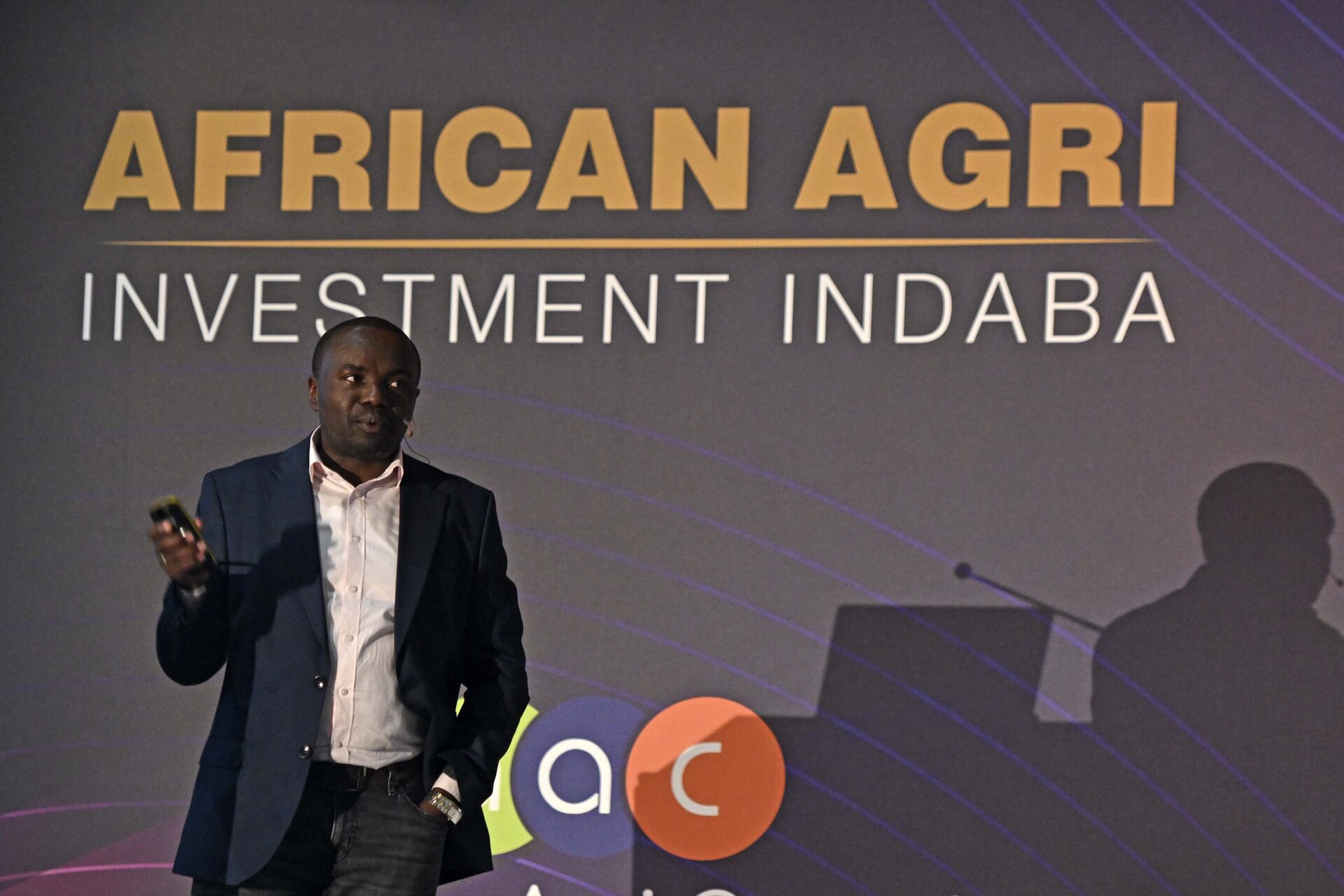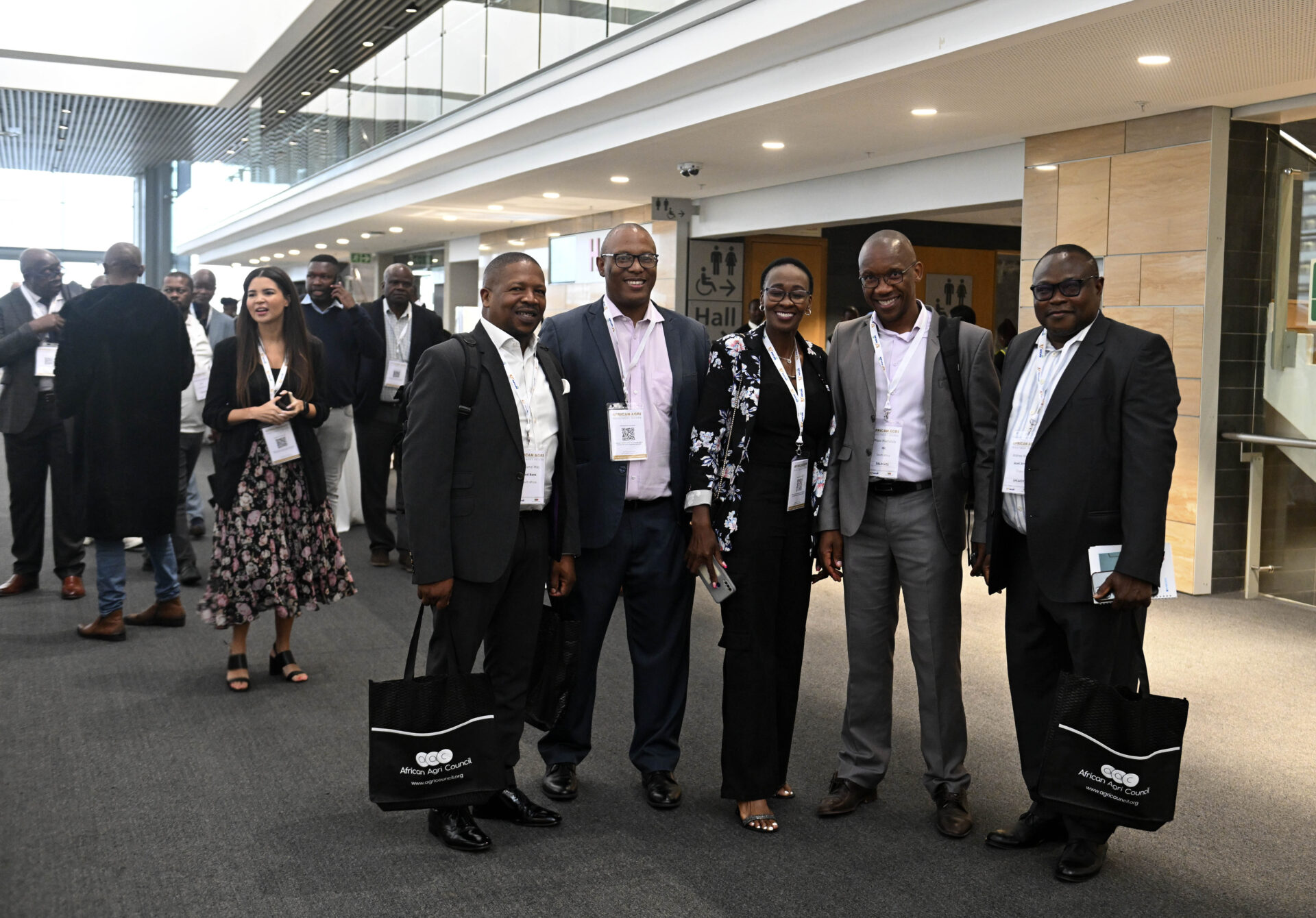“Funding smallholder farmers in the current environment has become quite difficult, particularly when we are relying on external resources,” Chris Hart, executive chairman of Impact Investment Group South Africa, told attendees to the sixth annual African Agri Investment Indaba (AAII) forum.
Held at the Cape Town International Convention Center in South Africa, AAII addresses current trends influencing investors’ confidence in African agriculture. In particular, the forum focuses on building a voice for agribusinesses, policy makers and investment-ready agricultural projects. It also aims to connect investors and financiers with food and agricultural opportunities on the continent.
Africa’s agricultural sector is a complex web of challenges, many which are currently exacerbated by global geopolitics and macroeconomic upheavals.
The Russia-Ukraine war, for instance, has exposed the vulnerabilities of Africa’s dependence on food imports. Just look at Egypt, where a wheat import bill is set to reach $2.5 billion on an annualized basis, according to London-based think tank Capital Economics.
Meanwhile, interest rate hikes have contributed to a drying up of foreign financing. A good indication is the massive 77% plunge in VC funding of agritech startups according to AgFunder’s Africa AgrFoodTech Investment Report 2023. [Disclosure: AgFunderNews parent company is AgFunder.]
While solving the myriad of challenges facing the sector is a herculean task, one factor has remained constant – agriculture is not short in terms of support.
The AAII forum’s 900-strong attendee list is testament to that, with governments, banks, project developers, commercial farmers and the agro and food processing industry among participating.
Yet despite this support — which spans research, capacity building, financing, inputs access, mechanization, and technology adoption, among others — some hard truths make African agrifoodtech come across as jinxed.
Tough truths about African agriculture
Africa remains food insecure; about 20% of the population faces hunger. The continent also spends a staggering $80 billion of scarce forex on food imports annually.
Another hard fact is that approximately 80% of Africa’s food supply still comes from small-scale farmers, many of whom are still practicing subsistence farming; yet the continent holds of 60% of the world’s uncultivated arable land.
“Africa has land and water to produce enough food, even for exports,” noted Mpumi Maesela, CEO of SE Holdings, a South Africa-based commodities aggregator, at the event.
While the African Development Bank asserts that Africa’s food and agriculture market could increase from $280 billion a year in 2023 to $1 trillion by 2030, the big question has always been why is agriculture still in the doldrums despite the massive support systems.

Collaboration: the key to agricultural transformation
During the AAII forum, it emerged that lack of partnerships and collaborations is one of the biggest missing links in transforming agriculture in Africa. In fact, the overarching theme of the AAII forum was “Achieving food security through private sector investment: The battle of narratives.”
The overriding cause of failure in support systems stems from the fact that the right hand rarely knows what the left hand is doing.
Support for the sector is fragmented, with different organizations and institutions operating in isolation. This has not only made it impossible to tackle challenges, it also impedes the continent’s ability to exploit vast opportunities both sustainable and impactful.
“There’s a need for deeper partnerships and collaboration among all the players,” said Hans Bogaard, manager of agribusiness at Dutch entrepreneurial development bank FMO.
By working together, different organizations and entities can effectively tackle the multifaceted problems through a more coordinated approach and create synergies that benefit not just individual projects, but the sector as a whole.
Collaboration could accelerate a renaissance of the sector by making it easier to formulate progressive legislations and policies, improve access to capital and address deeply-rooted bottlenecks like infrastructure gaps.
More critically, partnerships are at the core of resolving supply chain obstacles, improving the productivity of smallholder farmers and developing mechanisms for climate change adaptation and mitigation.
“We need to find better ways to distribute resources,” noted Wrenelle Stander, CEO of Wesgro, the official tourism, trade and investment promotion agency for Cape Town and the Western Cape.

A single voice for agrifood financiers
Participants agreed that collaboration is particularly critical in financing the agricultural value chain from farm to fork.
Though agriculture accounts for a quarter of Africa’s’s gross domestic product, it receives only 5% of funding, with the financing gap estimated at $80 billion annually.
There are good reasons why financiers, including DFIs, commercial banks, venture capitalists and others, need to speak with one voice through better collaboration..
Andrew Ahiaku, director and head of financial sector at Aceli Africa, noted at the event that financing Africa’s agriculture is a risky venture.
Apart from being two times risker compared to other sectors, the returns are 4% to 5% lower. “This is a sector where risks are higher and the returns lower,” he said.
For this reason, building strong partnerships is not just a matter of pooling resources, but also about sharing knowledge, expertise and innovative practices.
This also makes it possible for fair and equitable distribution of funding, across the continent and also at the smallholder farmer level and even in commercial farming.
Currently, for instance, distribution of VC funding is skewed in favour of four countries: Kenya, Nigeria, Egypt and South Africa. These four have attracted 95% of the $1.8 billion total funding into Africa over the past decade, according to AgFunder’s report.
Banks funding to the sector is even more depressing at a paltry 3% of total loan book. The reason is largely failure by commercial banks to recognize smallholder farmers as assets as opposed to high risk liability.
“Because the farmer is one of the most important players in the value chain, it is important to look at them as asset finance,” observed Michael Boakye, agricultural sector lead at Pan-African lender Ecobank.

Financing the next generation of agtech
All this calls for urgency in exploring new innovative financing solutions to bridge the gap and support cutting-edge technologies like precision ag, data analytics, artificial intelligence, biotechnology, and climate-smart practices that have the ability not only to increase yields but to revolutionize food security.
Blended finance was identified as an attractive financing solution. South Africa’s Land Bank is already offering the model with the launch of a blended finance scheme to facilitate producers and agro-processors engage in value chain and aggregation activities.
“This is a solution with a strong focus on achieving sustainability and growth,” explained Themba Rikhotso, Land Bank’s CEO.
While financing is among the critical areas demanding closer collaborations, unlocking Africa’s agricultural potential will continue to be a mirage unless other sector players are brought on board. Policy makers, in particular, have a central role in aligning regulatory regimes to the aspirations of stakeholders across the chain.





